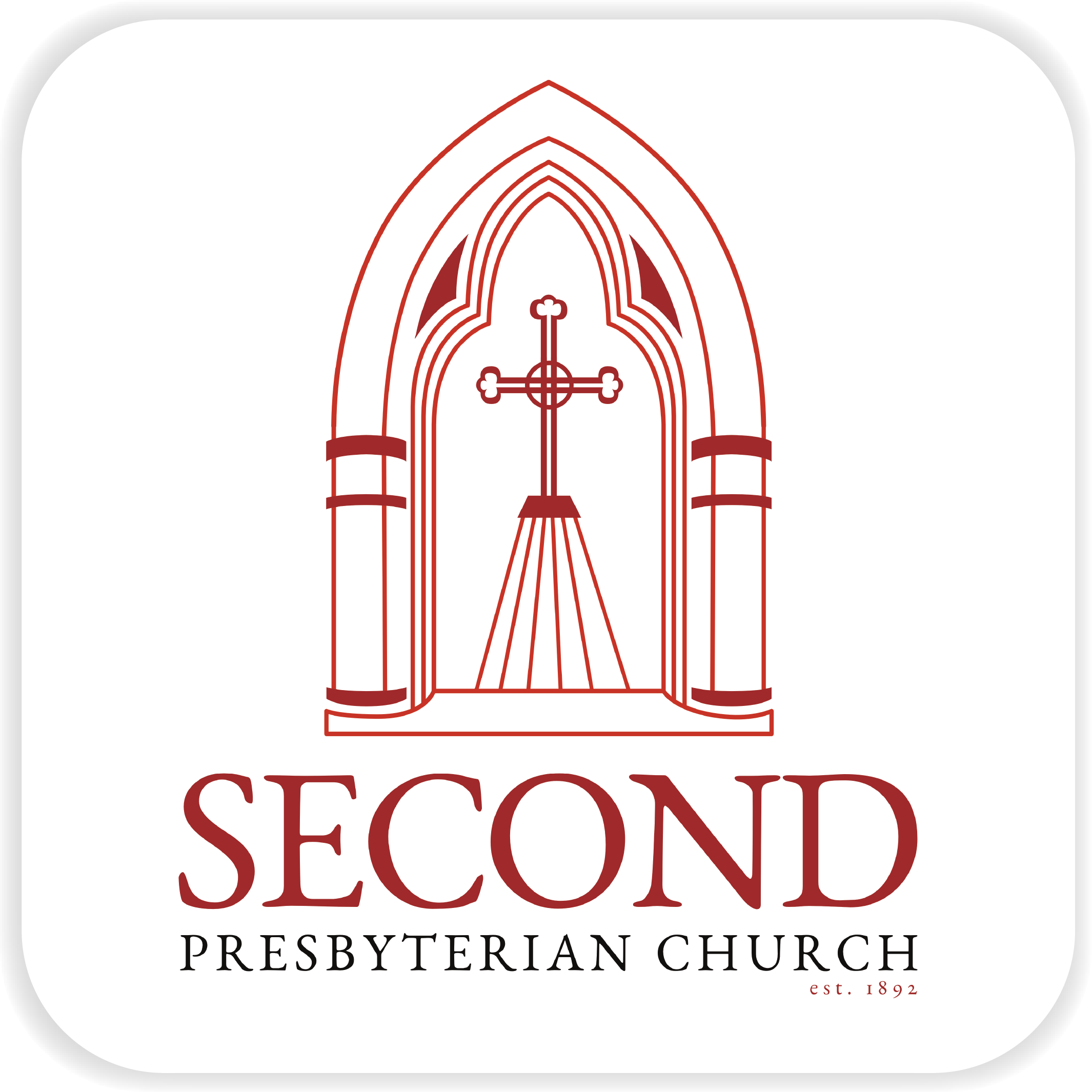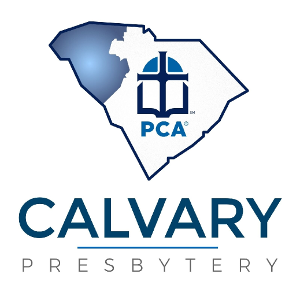Lessons from the Sermon on the Mount (Part II of III)
Part I: https://spcgreenville.org/what-is-stewardship
An illustration may be helpful to provide context. In the opening verses of chapter 5, Jesus gathered a defenseless people with words of encouragement. He then drew his sword (the law of God) and faced his foes. Wielding it with skill, he drove them back by exposing their faithless, selfish motivations and scattered them. Now he turns again to his wards to encourage and lead them. The people are not yet his; they belong to his Father the King, whom they have not known. By way of introduction, he begins in this way: “Therefore I tell you, do not be anxious…” (Matt 6:25).
Jesus both commands and encourages obedience. And in the spirit of encouragement, he now directs his hearers to the faithful care of God.
The central theme in this brief section is that a servant (or steward) of God, who is engaged in his Master’s work, need not worry about physical provisions. God, our master, knows our needs and he will provide for us. Mind you, Jesus was addressing a very real fear. Poverty was rampant in Jesus day and the temple was not merely the center for religion, but the very heart of culture, the seat of government, and the center of commerce as well. To dissociate with the Pharisees or to challenge them was to risk financial ruin and remove oneself from whatever protections they could provide from an oppressive Roman overlord.
In the face of this harsh reality, Jesus says: “But seek first the kingdom of God and his righteousness, and all these things will be added to you.” Matthew 6:33
Within context, the statement was explosive. Jesus was tearing down the very fabric of the temple society and positing a new one based on faith in him. The demonstration of authority that preceded these words was critical, as were the series of miracles that would follow. But the important question for Jesus’ audience – then and now – is: “Will we trust and follow?”
Today’s context, twenty-first century America, is very different from that of Jesus day, but the implication of Jesus’ call is equally challenging. In a culture that has rejected the Biblical definition of sin, and with it our need for a savior, Christians struggle to reach hearts with the truth of scripture and the love of God. In a nation founded “by the people and for the people”, we struggle to remind people that we are still a nation “under God”. To hold forth this truth today often means becoming a fool culturally, politically and financially. So how different – really – is our context than theirs?
So, in the midst of his powerful demonstration of faithful stewardship of the law and the people of God, there is this unavoidable call of Christ to leave behind our own aspirations, needs, and burdens, to become stewards with him in the Kingdom. And Jesus leaves no stone unturned in the hearts of those who would listen as he seeks to break the hold that the world has on us and free us to love and serve him faithfully. The same sword that was applied against the hypocrisy of the Pharisees is now used to “turn the soil” in our (hopefully more fertile) hearts.
Before turning to the final lessons of this Sermon, let’s pause to fully consider what we have just been taught. While stewardship is clearly about more than money, we cannot ignore the financial implications here. Jesus knows that too often we rest in the security of our financial resources rather than in his promises to us. If we learn anything from Matt 6:25-34, it must be that we stand ready to expend ourselves – including our finances – fully for God’s Kingdom; and in turning from self-reliance, simply trust him to provide for our needs. This is a lesson that Jesus taught over and over. Verses like “No one who puts his hand to the plow and looks back is fit for the Kingdom of God.” (Luke 9:62), or “Foxes have dens and birds have nests, but the Son of Man has no place to lay his head.” (Matt 8:20), and others direct us to give our full, undivided and permanent attention to the Kingdom of God and therein forswear all other comforts.
Jesus is faithful to the law of God in this sermon, and if we find it a bit unsettling, we are not alone. Yet the challenge here is over-matched by the promises of God in Christ, and this is what Christ calls us to: believe only in him, work only for his glory, rest only in his care, and be satisfied. This is the life of the steward.
Submitted by Ron Vanderwey, Deacon and Chairman of the Stewardship and Finance Committee of Second Presbyterian Church-Greenville SC
Part III: https://spcgreenville.org/what-threatens-a-steward/


